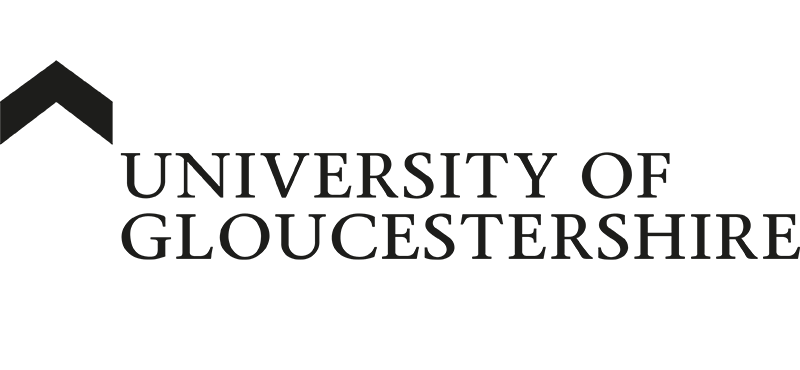| Template site
This project generated the resources below for use in the sector as a blueprint to support the development of benchmarking, standards and quality-led approaches to EfS in any course in any university.
Anti-greenwash Education Kit
The student team members developed the speed-training resources into a vibrant walk-through website with examples that support students and academics to rate EfS in courses and have conversations about how to further develop EfS quality.

Thanks due to QAA for providing post-project hosting of the anti-greenwash education kit as a resource for the benefit to all students across the sector.
Final framework
Quality principles
The core principles of the project remained the same:
- Joined up sustainability learning
- Integrated into compulsory modules
- Integrated across all levels of study
- Integrated as part of assessment design
Re-cap the details on our principles tested page.
Course rating criteria
Our final rating criteria reflect changes students wanted to see, view the criteria below:
NO MEDAL
No relevant sustainability learning e.g. no medal if issues are labelled ‘financial sustainability’ or ‘social sustainability’ but treated separately, without any links to the environment; or environmental teaching happens without any social and economic view
BRONZE
At least once in a compulsory module or unit
Relevant teaching where the content has an authentic joined-up sustainability approach – e.g. ‘equality’ or ‘wellbeing’ is clearly linked to the environment, not treated as a separate issue
SILVER
At least once in a compulsory module or unit
Either
an assessment where joined-up sustainability knowledge and subject knowledge are applied together, in at least one compulsory module or unit
OR
Relevant teaching where the content has an authentic joined-up sustainability approach (like at bronze) AND the teaching ALSO has a decolonial focus
GOLD
In a compulsory module or unit at each level (i.e. 1st, 2nd and 3rd year if you are a full-time student on a 3-year undergraduate course)
Either
an assessment where joined-up sustainability knowledge and subject knowledge are applied together, in at least one compulsory module or unit
OR
Relevant teaching where the content has an authentic joined-up sustainability approach (like at bronze) AND the teaching ALSO has a decolonial focus
NO MEDAL
No relevant sustainability learning e.g. no medal if issues are labelled ‘financial sustainability’ or ‘social sustainability’ but treated separately, without any links to the environment; or environmental teaching happens without any social and economic view
BRONZE
At least once in a compulsory module or unit
Relevant teaching where the content has an authentic joined-up sustainability approach – e.g. ‘equality’ or ‘wellbeing’ is clearly linked to the environment, not treated as a separate issue
SILVER
At least once in a compulsory module or unit
Either
learning activity in one core module or unit, beyond just taught content, either as informal assessment or a skills development exercise
OR
Relevant teaching where the content has an authentic joined-up sustainability approach (like at bronze) AND the teaching ALSO has a decolonial focus
GOLD
At least once in a compulsory module or unit
Joined up sustainability learning linked to one assessed element
Educational resources
Materials used during the road testing can be adapted for different settings as part of educational activities with students or staff teams, whether starting out in EfS or looking to raise focus on quality learning.
- EfS 101 – a selection of introductory workshop slides which could be adapted for workshops with staff or students. Content includes project films, and headline information on student expectations around sustainability.
- Project films – watch all our short student films to get up to speed on EfS and how to rate quality EfS in your course
- Glossary for EfS – key terms around course design, sustainability and EfS, written by students for easy orientation
Project Resources
- Full project report*
- Student-led sector review
- QAA webinar slides
- QAA webinar recording capture
- WonkHE blog
*If you require the report in an alternative format, please contact us: [email protected]
